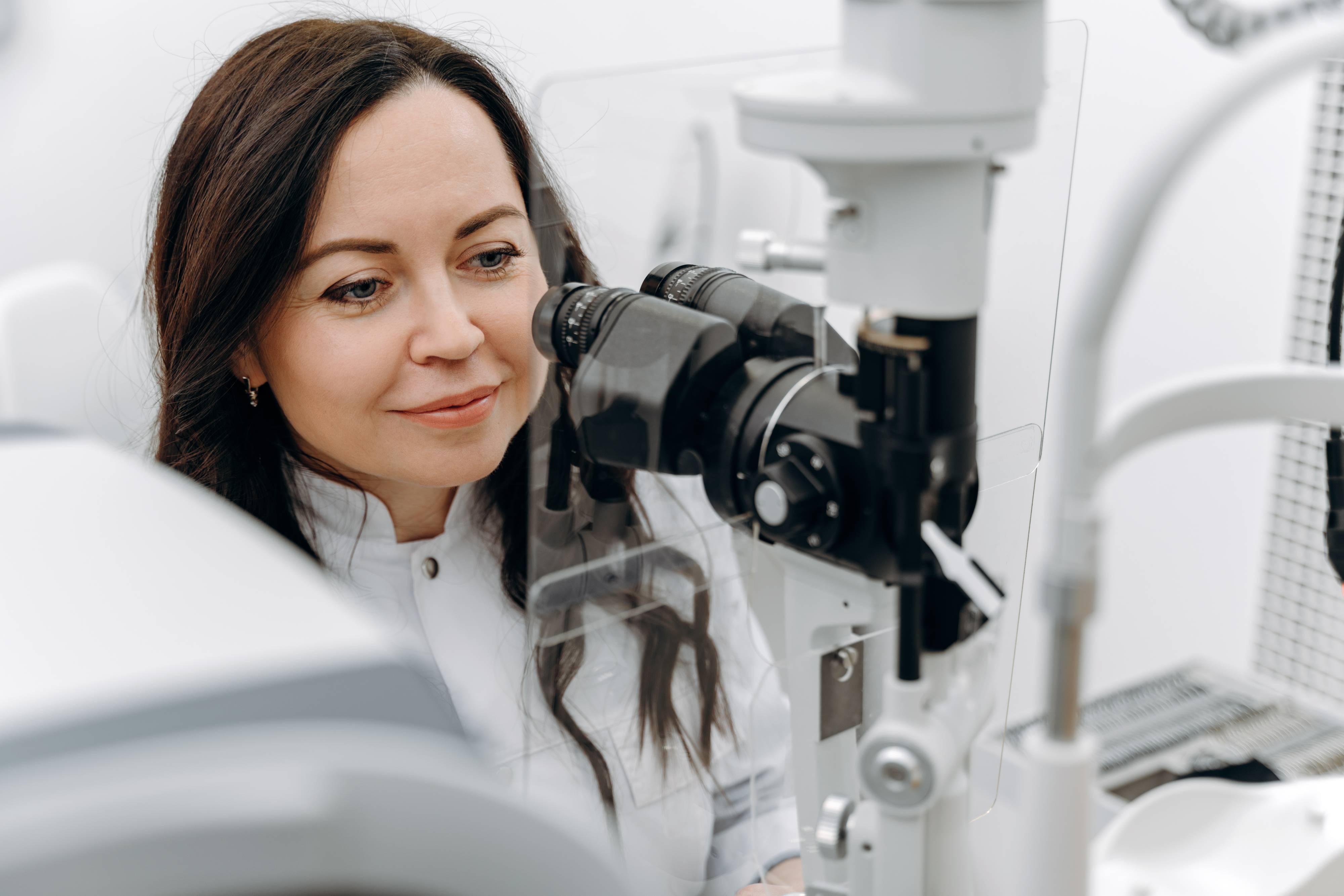Primary Health Insurance:
BlueCross BlueShield
United Health Care
Humana
Cigna
North Mississippi Acclaim
Medicare
Medicaid

Did you know that more than 10 percent of the population in the United States has diabetes? The Centers for Disease Control and Prevention states that about 34.2 million people from the US suffer from this chronic health problem. The American Diabetes Association confirms that the condition can increase your risk of developing a wide range of health issues. Besides its effects on your heart, kidneys, nerves, digestion, and skin, diabetes is also associated with eye complications like glaucoma. Diabetic patients are twice as likely to receive a glaucoma diagnosis than those who don't have diabetes.
You can have glaucoma with or without diabetes. If you've been diagnosed with it, glaucoma can be a complication if retinopathy develops. Diabetes damages the blood vessels all over your body. The complication starts when sugar impedes the tiny blood vessels in your retina. It can cause them to bleed or leak fluid. Your eyes will grow new ones to compensate for the blocked vessels. However, those don't function well. This abnormal blood vessel growth, in turn, blocks the natural drainage of your eye.
Glaucoma occurs due to excess fluid pressing on the nerves at the back of your eye over a long period. If not treated, this prolonged intraocular pressure can harm the optic nerve, extending from the back of your eyeball. It transfers visual information from your retina to the vision centers of your brain. Damage to this part of your eye can result in permanent vision loss. Blindness can advance rapidly within just a few years when glaucoma is left without intervention.
There are usually no obvious symptoms of glaucoma in its early stages. So, your sight may be normal. But after some time, poor vision may start to develop in one area of your visual field. Often, this problem is on your side or peripheral vision. Over time with the increased intraocular pressure, you may slowly lose more vision until the loss extends to your entire visual field.
Several factors can make you more susceptible to glaucoma. Diabetes is one of the primary factors or potential causes. Other health problems that can make you at risk of developing the disease include migraines, hypertension, and poor blood circulation, among others. Besides these, The American Academy of Ophthalmology states that you're also at an increased risk if you are over 40 or are from an African, Asian, or Hispanic heritage. Furthermore, you may be at a higher risk than usual if you have family members diagnosed with glaucoma, have had an eye injury, or suffer from refractive errors like nearsightedness or farsightedness. The Academy adds that you can be prone to glaucoma if you've been taking steroid medications for a long time or have corneas that are thin in the center.
Have you been suffering from severe eye redness or eye pain? Maybe you see halos around lights, or you've noticed a sudden or gradual loss of vision. Early diagnosis can prevent blindness caused by glaucoma. Don't wait for symptoms to appear before you get a comprehensive eye examination.
To learn more about risk factors for glaucoma, contact Primary Eye Care in Tupelo, Mississippi at (662) 200-9842 to schedule a comprehensive eye exam.